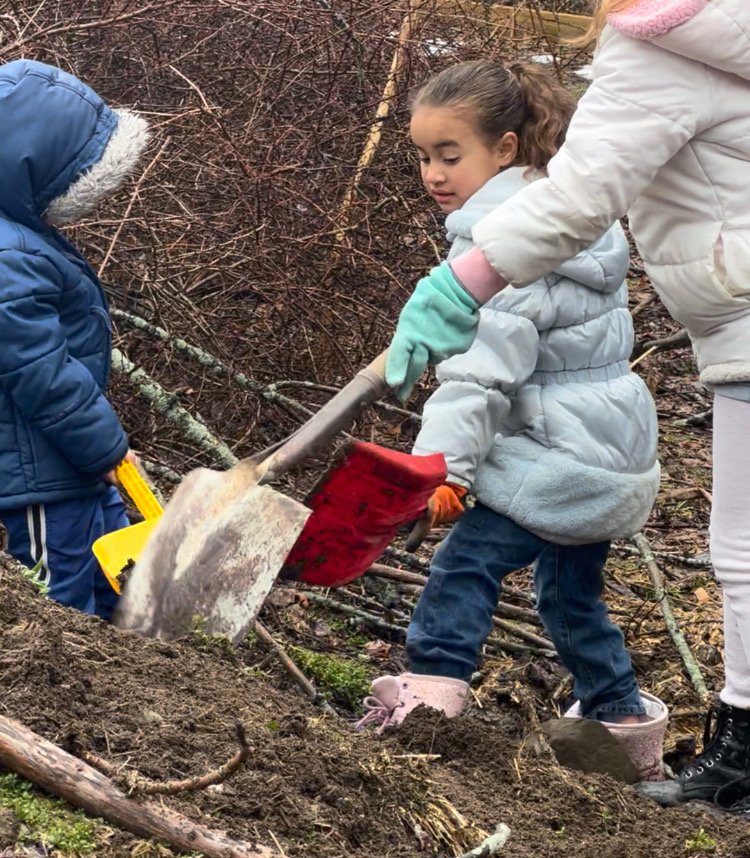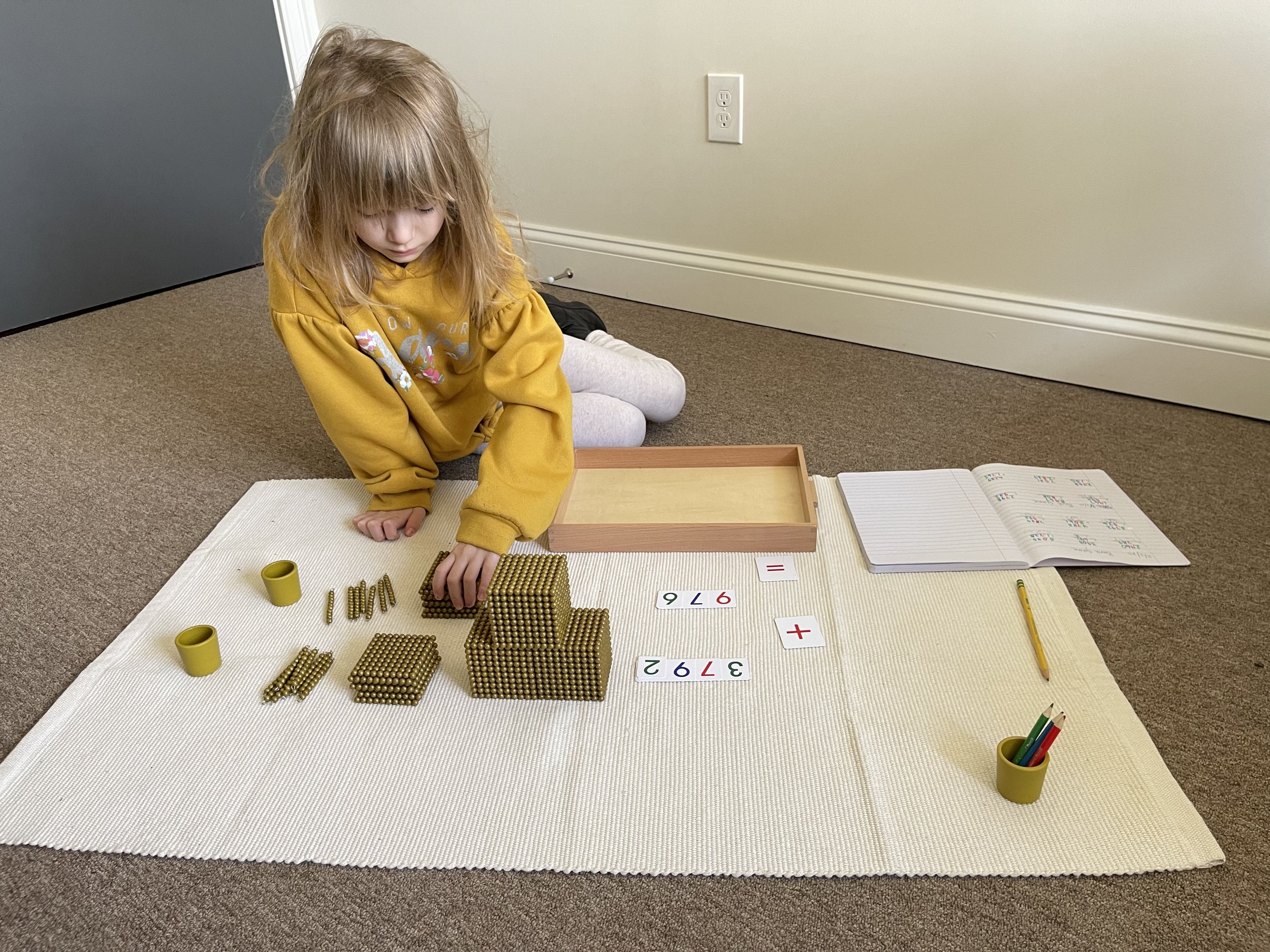Great Explorers and Great Creators
Montessori Learning Environment and Nature-based Forest School
Great Explorers- Ages 5-7
Great Creators Ages 8-11
Monday- Thursday 9 AM- 3 PM
Nature-based learning connects education with the natural world. It encourages children to explore and interact with their environment, sparking curiosity about nature. In these settings, kids participate in hands-on activities like gardening and outdoor exploration, helping them understand ecosystems and appreciate different plants and animals.
This approach supports children's overall growth by promoting physical activity, enhancing social skills through teamwork, and encouraging critical thinking. By including nature in lessons, teachers provide a well-rounded education that prepares children for lifelong learning and caring for the environment.
Spending time in nature also improves emotional well-being, reducing stress and boosting happiness. Ultimately, this learning method enriches education and fosters respect for the planet, inspiring future generations to protect the earth.
Reasons for choosing nature-based learning:
Increases cognition, flexibility, and creativity
Enhances gross motor development
Assists with self-regulation skills and sleep regularity
Promotes respect for the natural world
Reinforces lesson material with tangible evidence
The Elementary program will include the following:
Morning Circle- songs, poems, and fingerplays
Art Exploration- process-focused art activities
Montessori materials providing a hands-on and concrete learning approach.
In the Garden- outdoor activities and exploration
Science & Discovery- science-related activities and inspiration for invitations
Cooking- age-appropriate recipes for children
Seasonal Reading- themed stories & reading recommendations
Search and Find (students are tasked with finding items in nature based on color, texture, etc.)
Design and Build (students are given a STEM challenge to use items in nature to build a structure or object)
Illustrate (students sketch, color, illustrate, or graph)
Reading, Writing, Science, Math, Geography, History, and Physical Education
*All programs are limited to 10 students per program
References
Traynor, O., Martin, A., Johnstone, A., Chng, N. R., Kenny, J., & McCrorie, P. (2022). A Low-Cost Method
for Understanding How Nature-Based Early Learning and Childcare Impacts Children’s Health
and Wellbeing. Frontiers in Psychology, 13, 889828–889828.
https://doi.org/10.3389/fpsyg.2022.889828
Lee, C. K., & Ensel Bailie, P. (2019). Nature-based education: using nature trails as a tool to
promote inquiry-based science and math learning in young children. Science Activities, 56(4),
147–158. https://doi.org/10.1080/00368121.2020.174264



